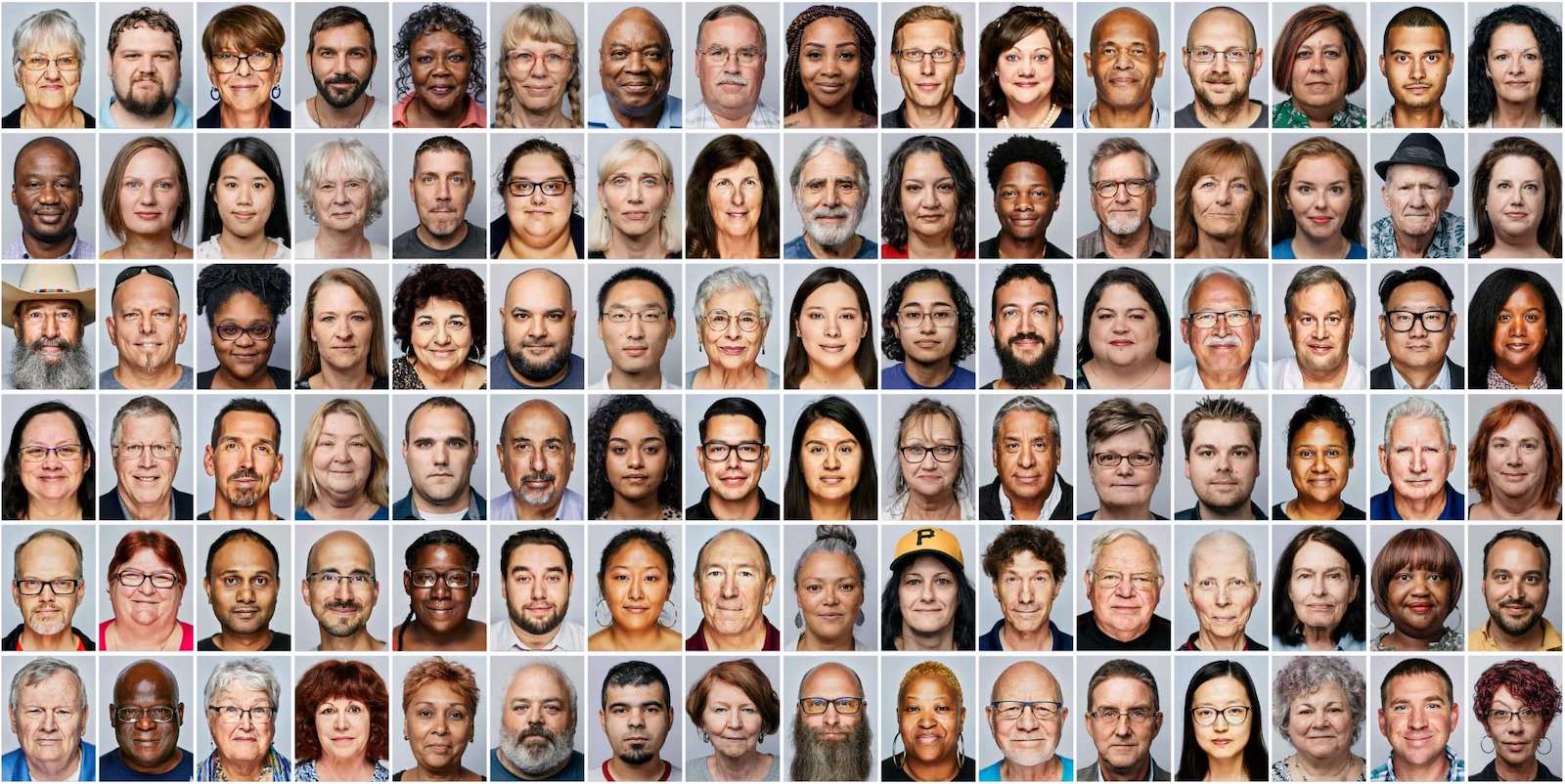See the inspiring way forward for America: from elections to lotteries
We’re working on a groundbreaking documentary that provides a powerful glimpse of government of and by the people. Be one of the first to see it…
Democratic lotteries put power in the hands of the people
A democratic lottery fairly selects a group of representatives that matches the makeup of the population. It selects from all citizens who meet basic requirements and are willing and able to serve a limited term.
And because lotteries remove campaigning, they remove parties, politicians, super PACs, and so much of what is tearing America apart.
We can use democratic lotteries instead of elections to fill legislatures like Congress, and to transform how we choose executives like the President.
This is well established but little known
In recent decades, democratic lotteries have been used hundreds of times to call on citizens to develop policy on challenging issues. And they were central to government in Ancient Athens.
But few have had the chance to see this transformative paradigm for themselves. Until now…
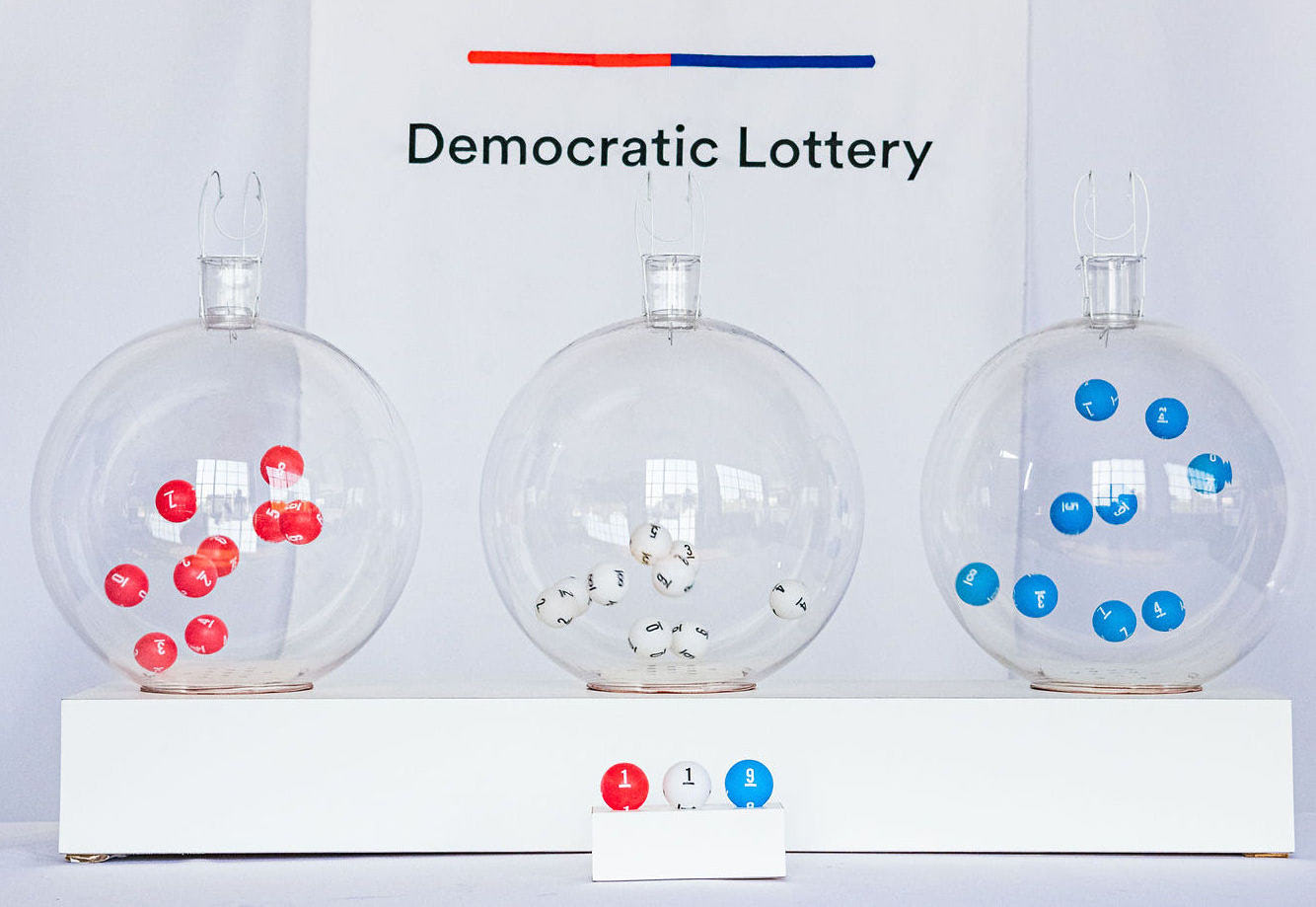

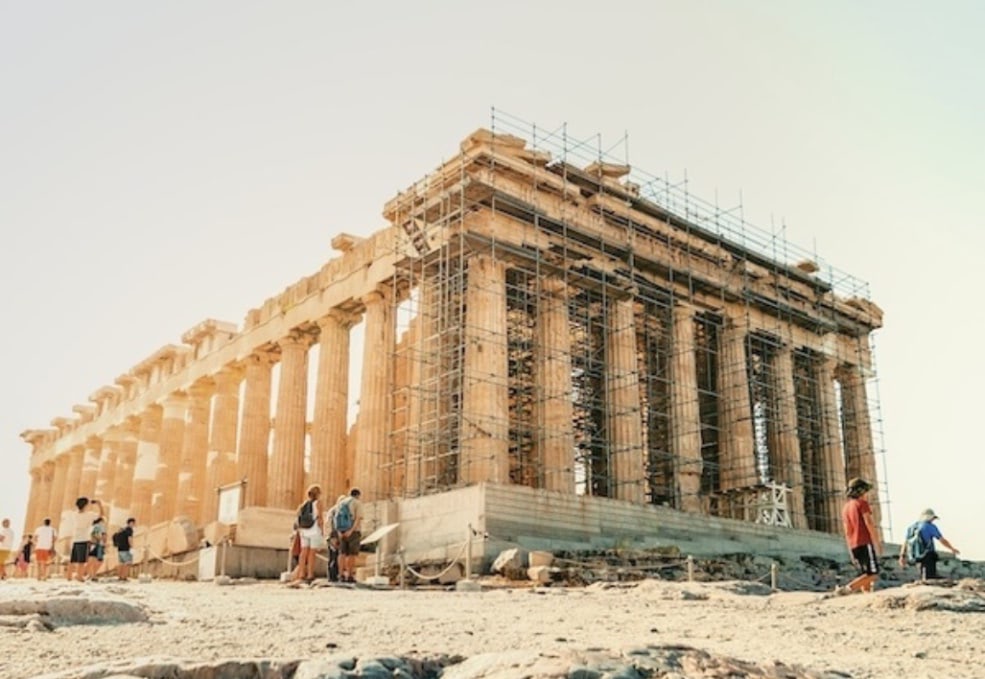
Use of democratic lotteries around the world



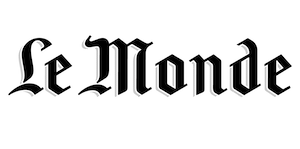
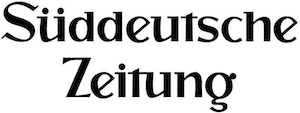
Our groundbreaking film will let you see it for yourself
It tells the true story of 30 everyday Americans, selected by lottery, trying to find common ground on the most charged issue in the most divided state—while a bitter election rages around them.
A film giving hope to people across the political spectrum
A film by the people. For the people.
This film isn’t backed by a studio, a big nonprofit, or a billionaire. It’s backed by a growing number of Americans — from across the political spectrum — who have seen that there’s a way out of our broken politics. And who want others to be able to see it too.
Together, we’ll finish this film and share it with the country. Free online, July 4, 2026 — the 250th anniversary of the Declaration of Independence.
And every one of us will be listed in the credits. No tiers. No special treatment. Just Americans, together.
Join us.
Frequently Asked Questions
A democratic lottery selects from all those who meet basic requirements and are willing and able to serve.
It uses established polling techniques and three rounds of selection to ensure accurate representation across age, gender, geography, income, and race, and political leaning.
Democratic lotteries were central to government in the republic of ancient Athens, which is where the word “democracy” comes from. And in the past 50 years, they have been used to form hundreds of Citizens’ Assemblies all over the world.
Topics that citizen representatives have covered include the economy in the US, community healthcare in the UK, energy generation in South Korea, nuclear waste in Australia, climate in France, and constitutional change in Ireland and Mongolia, among many others.
The Economist video below highlights this modern-day revival.
No. A democratic lottery only selects a group of representatives—like for Congress or state legislatures—not individual executives.
But citizens selected by lottery would be empowered to find qualified Presidents, Governors, and Mayors to run government without parties or divisive campaigns.
Calling on expert testimony is a critical part of what representatives are supposed to do.
Because representatives selected by lottery don’t owe their position to any party or donor the way elected politicians do, they’re free to listen and learn from subject-matter experts and use that to inform their decision-making.
And just like current members of Congress and state legislatures, they’re supported in their service by knowledgeable staff who assist with crafting the details of policy. The role of the citizens is to represent our different values and priorities as Americans and to make the final call.
Corruption will always need to be guarded against, and lotteries uniquely defend against it in two key ways.
Right now, campaign contributions are the primary way that politicians become corrupted by lobbyists and special interests.
But with a lottery, there are no campaigns. So this prevents the outright buying of influence that elections make so easy to do.
Once representatives are selected and in office, lotteries further guard against corruption by enabling confidential voting, which eliminates the market for vote buying that elections create.
All of this would be in addition to other important measures like strict term limits and anti-revolving door laws that would further guard against corruption.
Democratic lotteries have typically been pigeonholed in modern times as merely a way to inject public input into our current dysfunctional and distrusted political system, instead of being framed as a way to transform it.
The documentary we’re working on finally stands to change that.
The film is scheduled for release July 4th, 2026—the 250th anniversary of the Declaration of Independence.
We are a non-profit working to build supermajority popular support for shifting power from elections and politicians to democratic lotteries and the people.
We do not take stances on substantive issues, we do not support candidates for elected office, and we do not take money with strings attached.
OF BY FOR is directed by Adam Cronkright, whose prior work using democratic lotteries to reimagine student government was a finalist for the 2016 Democracy Innovation Award, and was featured in the Powerball Revolution episode of Malcolm Gladwell’s Revisionist History podcast. OF BY FOR was founded in 2019 by Adam together with George Zisiadis.
You can see our financials and 990 tax filings here.
You can help us finish this film (and appear in the credits) by making a donation on the form above!
If you would like to volunteer and have skills and expertise related to filmmaking, web development, marketing, grassroots organizing, or nonprofit work in general, please let us know!
You can also sign up for updates through the form at the top of this page and stay tuned for other ways to contribute!
